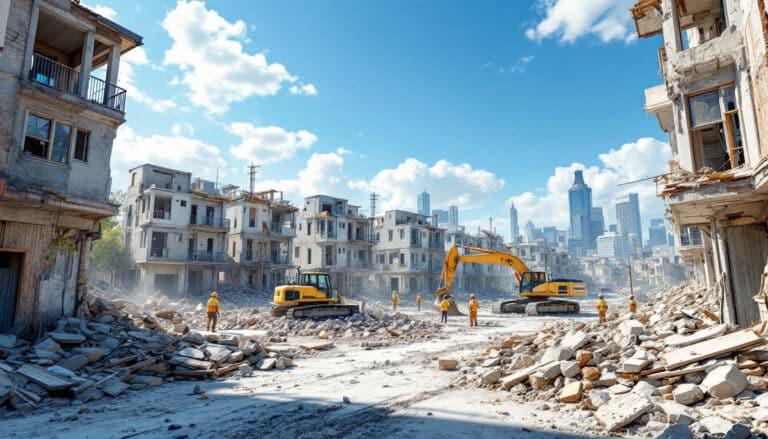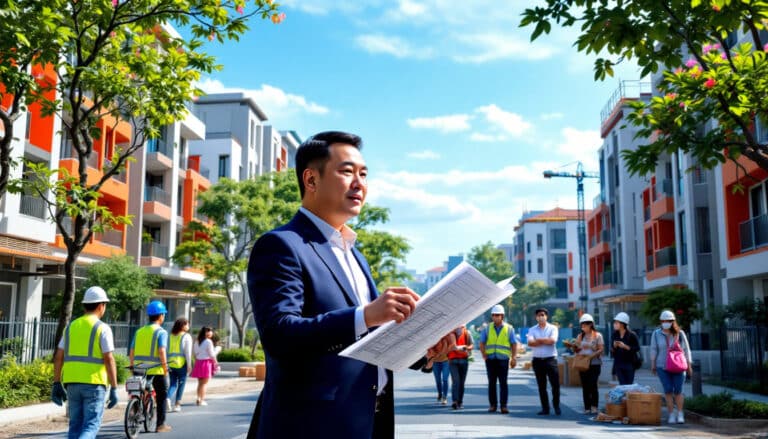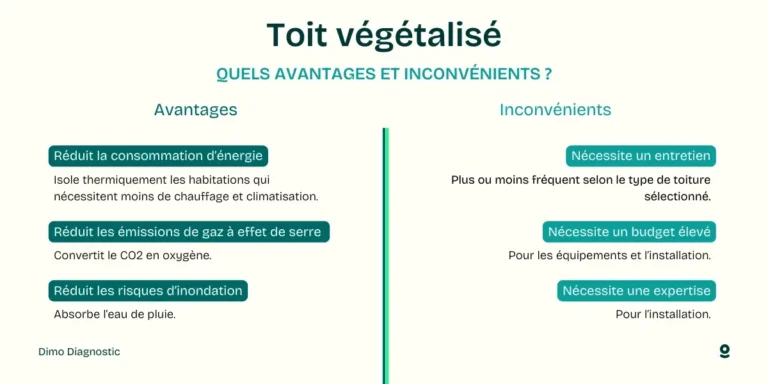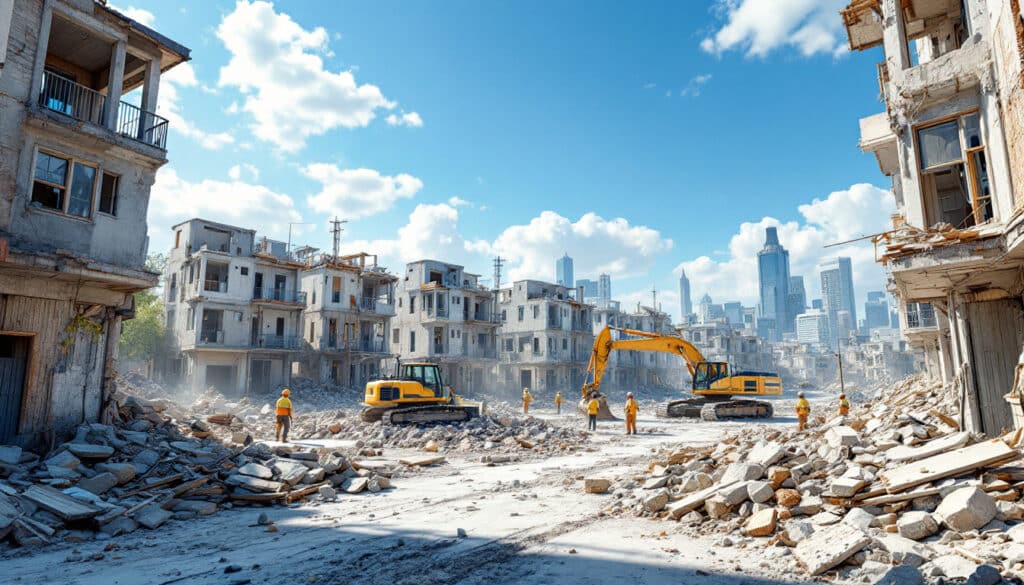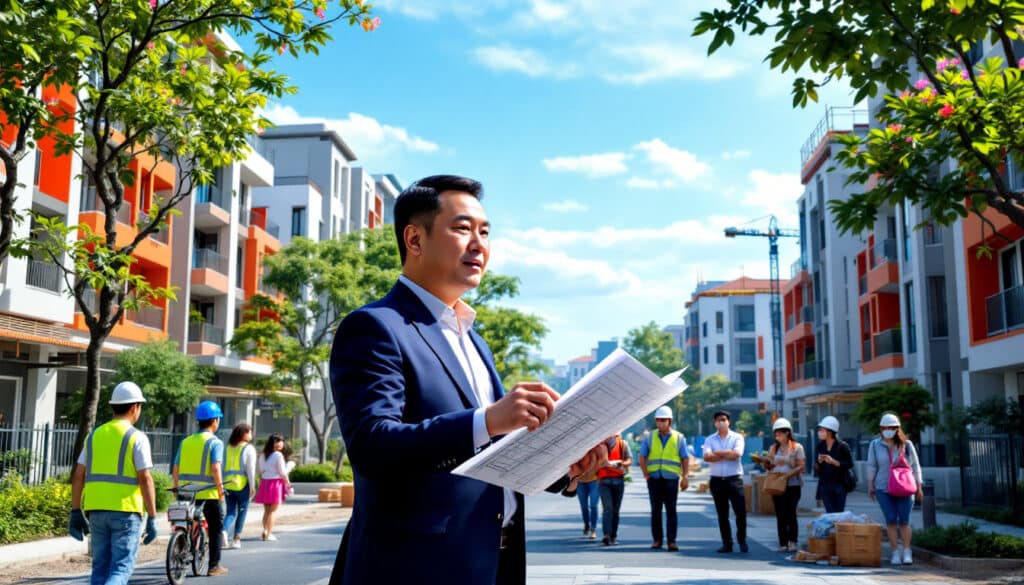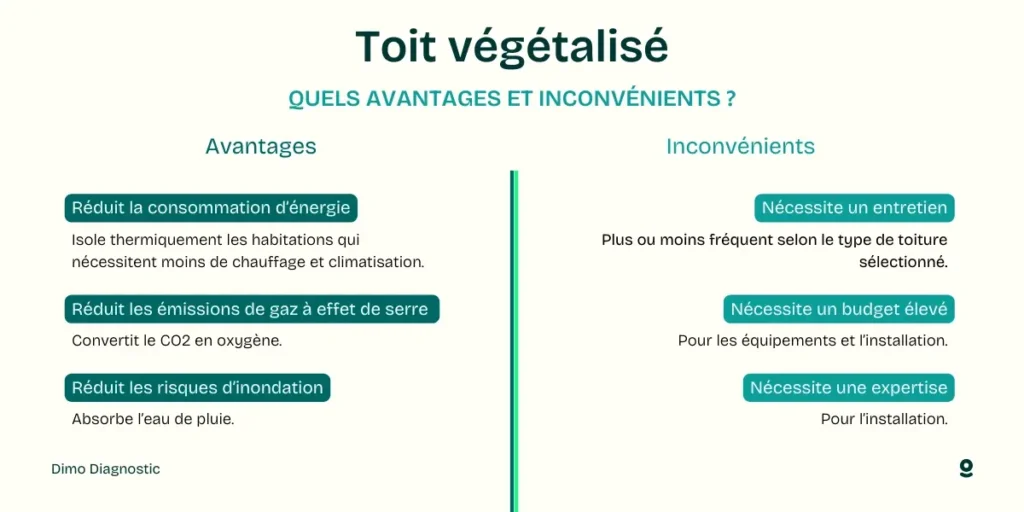The question of accommodation in France raises a real dilemma between the housing crisis and the climate issues. While millions of citizens face a lack of accessibility and difficult living conditions, the impacts of climate change on real estate are becoming more and more pressing. Vacant housing sits alongside energy-intensive homes, illustrating a complex situation where social needs And ecological oppose each other. Between adaptation to new environmental challenges and the need to build sustainably, a path strewn with pitfalls is emerging which calls for in-depth reflection on the future of our living spaces.
There housing crisis in France is proving to be a crucial dilemma in the face of growing climate issues. On the one hand, the country faces an alarming shortage of suitable housing, with more than 3 million vacant homes and a large part of the dwellings considered as energy strainers. On the other hand, environmental challenges require a rapid transformation of real estate to reduce greenhouse gas emissions and optimize the energy consumption. Regulatory constraints, social and demographic factors add to the complexity of the situation, highlighting the need for an integrated approach to simultaneously meet housing needs and ecological requirements.

Table of Contents
ToggleHousing in crisis: an alarming state
There housing crisis in France is not just a bad chapter in our real estate history. With more than 3 million vacant homes and 6.6 million classified as energy strainers, it is imperative to understand the origins of this situation. Social and demographic factors, combined with galloping inflation prices, contribute to aggravating the challenge of access to decent housing. Young adults and low-income families are particularly affected by this spiral. This observation pushes many actors to wonder how to support and respond to real housing needs.
Climate issues: a growing concern
Ecological issues must not be put aside in the debate on housing. The effects of climate change on the real estate sector have become more and more palpable. Adapting housing to climate consequences is an integral part of future strategies. The example of heat peak, as well as the risk of flooding, highlights the need to rethink our habitat in order to respond to these threats. It is not only a question of comfort, but of survival for many of our fellow citizens. The challenges to make real estate more sustainable will need to be considered seriously by governments and citizens.
A dilemma to face: housing vs climate
The real dilemma lies in the duality between the need to offer a affordable housing to all and the fight for real estate practices that are more respectful of the environment. Reforming the housing sector requires more than simple intervention; you need an innovative vision. The concept of Local Town, which advocates an integrated habitat accessible to essential services, becomes a solution to study. It is vital to adopt a mixed approach that addresses the housing crisis while respecting the ecological constraints of our time. Responses to these challenges must be both pragmatic and visionary, so that everyone can benefit from a healthy and sustainable living environment.
1) La crise du logement s'aggrave dramatiquement
— Jacques Baudrier (@jacquesbaudrier) September 26, 2024
Il y a de moins en moins d'appartements à louer
Mais à qui appartiennent ces logements ?
A Paris 58% des logements locatifs privés appartiennent à des multi-proprietaires qui possèdent AU MOINS 5 biens immobiliers
Oui
Au moins pic.twitter.com/il4JeQrmSP



